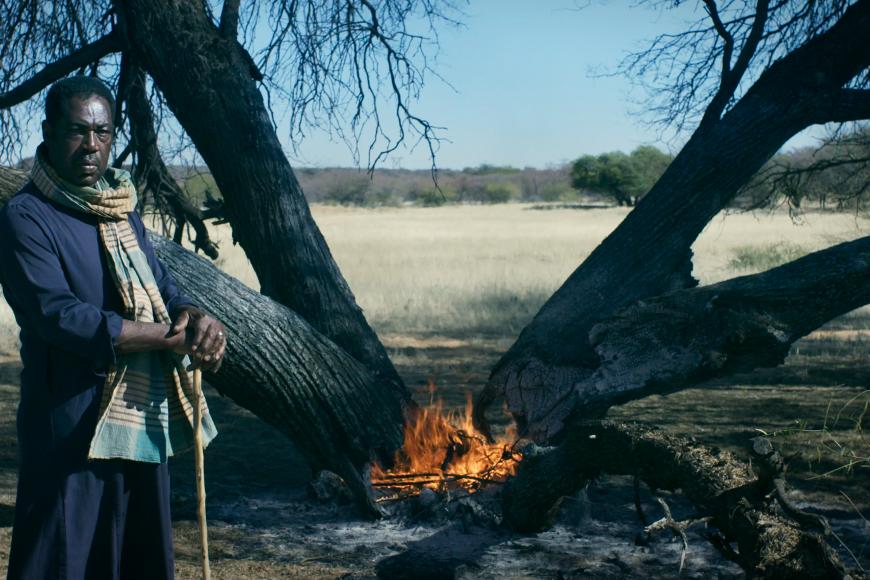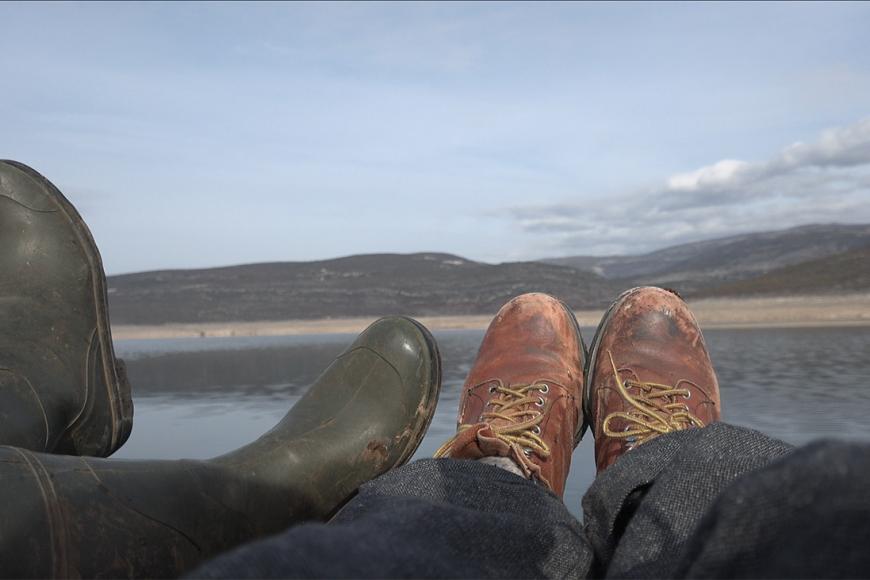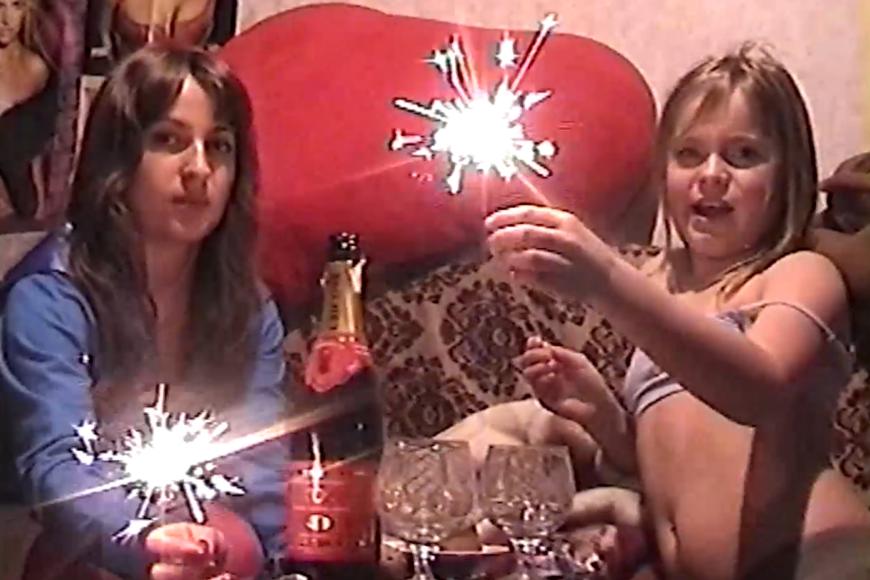
Lamentations of Judas
A group of old men in an abandoned asbestos mining town on the edge of the Kalahari Desert resist evacuation. They have no place to go because they were once notorious as soldiers of the infamous South African Battalion 32, also known as “The Terrible Ones”. Both perpetrators and victims of history, they become actors in the biblical story of Judas Iscariot in Boris Gerrets’ equally disturbing and fascinating cinematic legacy.




